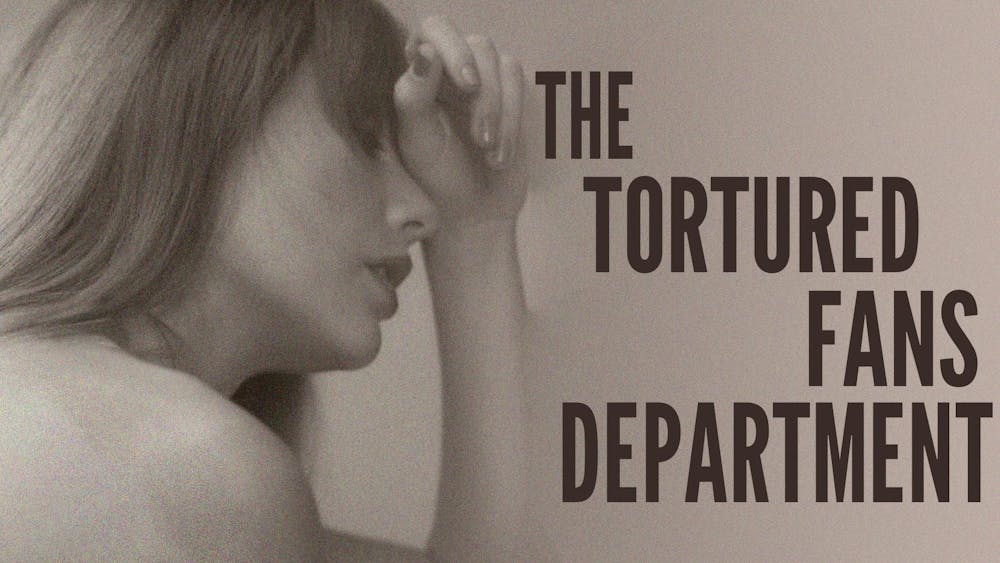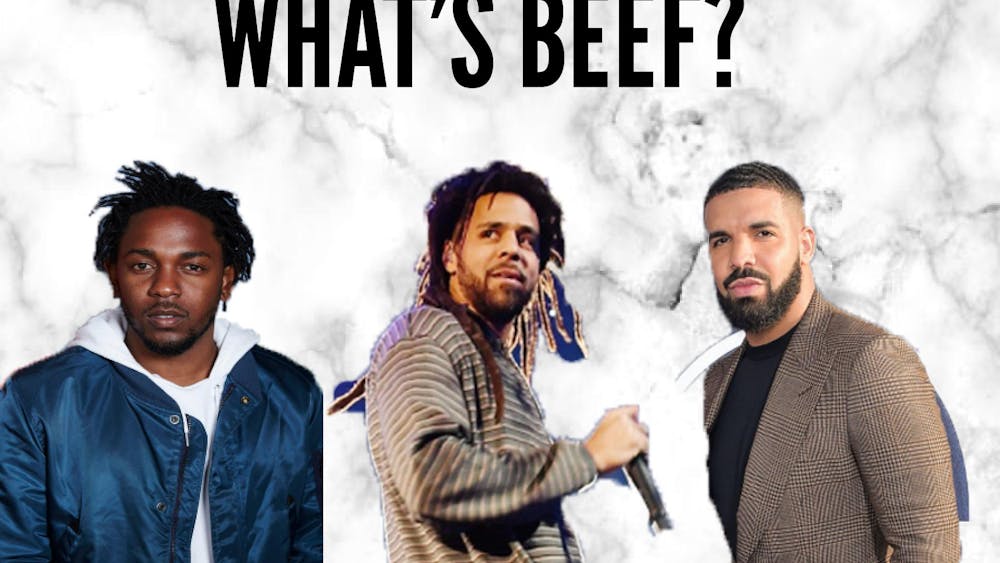Grippingly intense, brutally realistic and surprisingly empathetic, "End of Watch" takes audiences on a two-hour ride along that peers unflinchingly into the lives of two South Central Los Angeles police officers.

The film follows Officer Brian Taylor (Jake Gyllenhaal) and Officer Mike Zavala (Michael Peña), partners in a patrol car in one of L.A.'s worst neighborhoods, as they do their jobs on a daily basis.
The officers are simple patrolmen, not detectives or investigators as they are often reminded, but as they explore their neighborhood, they quickly stumble into some very serious, very violent problems.
After a routine stop turns out to be a car loaded with money and guns, the two men begin to dig a little deeper, and quickly find themselves knee deep in drugs, bodies, illegal immigrants and the gruesome, seedy underside of the drug trade. They push the envelope further, and place themselves directly in the crosshairs of a violent drug cartel.
Taylor and Zavala break the mold of many portrayals of L.A. cops as being corrupt, mean-spirited or incompetent, as both officers are, at least to some degree, heroic figures truly working for the better of the community. Apart from being a refreshing change from the norm, it plays to the movie's greatest strength: the exploration of the bond between these two officers, whose relationship goes far beyond just work associates.
Over the course of the film, the most intriguing and affecting moments are not the violence or the car chases or traditional "cop" scenes as is the case with many buddy-cop action movies, but instead the time spent in the car with the two men.
They work as brothers, their lives completely intertwined and dependent on each other. Their brotherhood goes beyond anything within their own families, or even with their wives, which is especially interesting because of the men's backgrounds. Taylor is a former Marine, a service famous for its brotherhood and camaraderie above all else. Zavala comes from a large Hispanic family, which he emphasizes throughout the film is as close as tightly woven as it gets.

But even with those brotherhood and family bonds in their background, no relationship seems important at all to these two men compared to the brotherhood they share. That dynamic is explored extensively in the film, and it sets the stage for the weight of the climax, a shocking and yet utterly believable ending that's both fitting for the storyline and a chilling reminder of the nature of the subject matter.
What pulls the whole film together, and raises it above the typical cop-action movie, is the visual direction by the films writer and director, David Ayer. The movie is shot mostly in a "found-footage" style, with shots coming from police car cameras, cell phones and other types of personal cameras, giving the film a documentary feel that magnifies the grittiness of the story. It feels frenetic and chaotic, reflecting the action on screen and the reality of the storyline.
Ayer, who has made his name in cop films, is most famous for writing and producing 2001's "Training Day," which saw Denzel Washington in one of his most iconic roles as a decorated but corrupt narcotics officer. Ayer's successes have been few and far between since "Training Day," but "End of Watch" returns him to that same level of genuineness and grit, which makes for his first good movie in a while.
"End of Watch" is violent, moving, at times cold and overall a fantastic insight into what it means to have someone else's life in your hands at all times.
Contact Kevin Noonan at
knoonan2@nd.edu












